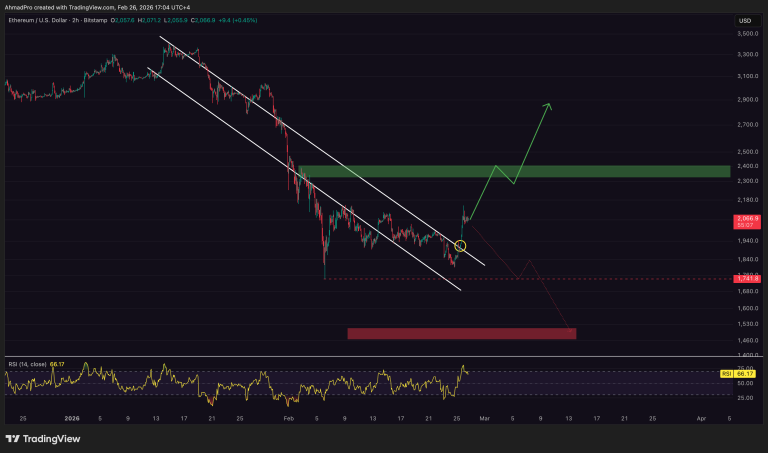
Millions of state pensioners face a tough winter this year, losing both their £300 Winter Fuel Payment and £300 Cost of Living payment while energy prices climb again.
That’s why many will be looking to squeeze every penny they can out of their heating budget and cut costs as far as they can while still keeping their house as warm as possible to survive the chilly winter.
Now, heating experts from Sofa Club have revealed a little known tip about how the settee in your living room can actually help save money on your heating, a tip which could come in very handy for state pensioners counting the pennies this winter.
Just making one small change to the sofa, by moving it away from the radiator, could see Brits save a packet on their heating bills.
Monika Puccio, Sofa-Buying Expert at Sofa Club has revealed how Brits can get ahead of the energy price hike and start saving money today.
She said: “Positioning your sofa away from the radiator is a simple yet effective way to optimise the energy distributed around the living room. When your sofa is positioned too close to a radiator, it blocks the heat from circulating effectively – this is especially true for darker-coloured sofas, as they tend to absorb and retain heat.”
“Not only does this method prevent any potential health and safety risks associated with your sofa overheating, but it also reduces wear and tear, prolonging its lifespan. This also means you shouldn’t have to spend money replacing your sofa as often.
“Positioning the sofa away from the radiator can instantly make the living space feel more open and inviting. By giving your furniture the space to breathe, you create a more dynamic flow, which allows the room to feel less cramped and more balanced.”
“In light of rising energy costs expected this year, these simple adjustments are certainly something to bear in mind as we approach the colder, more demanding winter period.”
From October 1, Ofgem is increasing energy prices by 10 percent. It means the average energy bill will rise by £149 a year, although bills will still be £100 a year lower than last winter overall thanks to drops in January and April 2024.



















